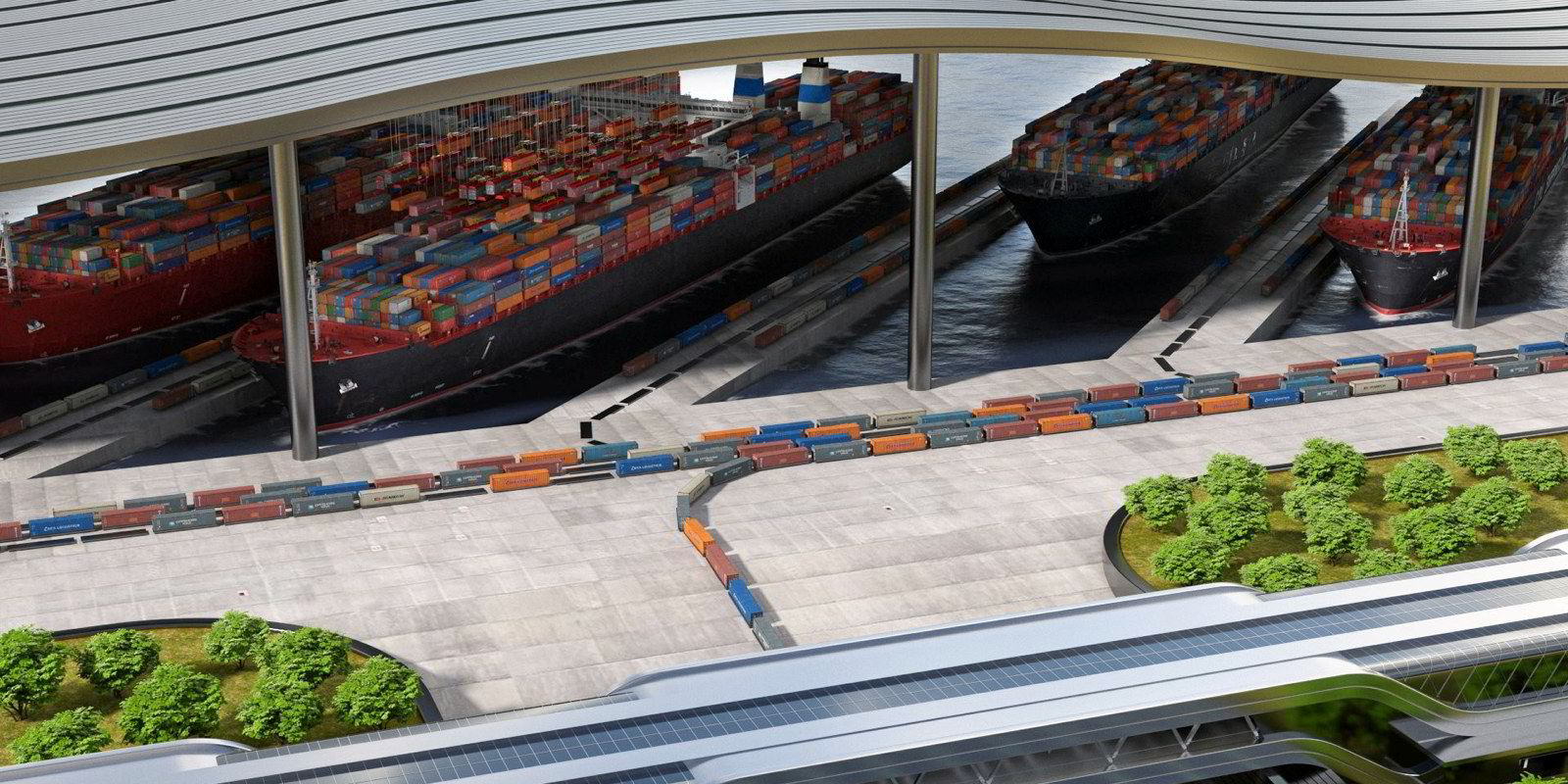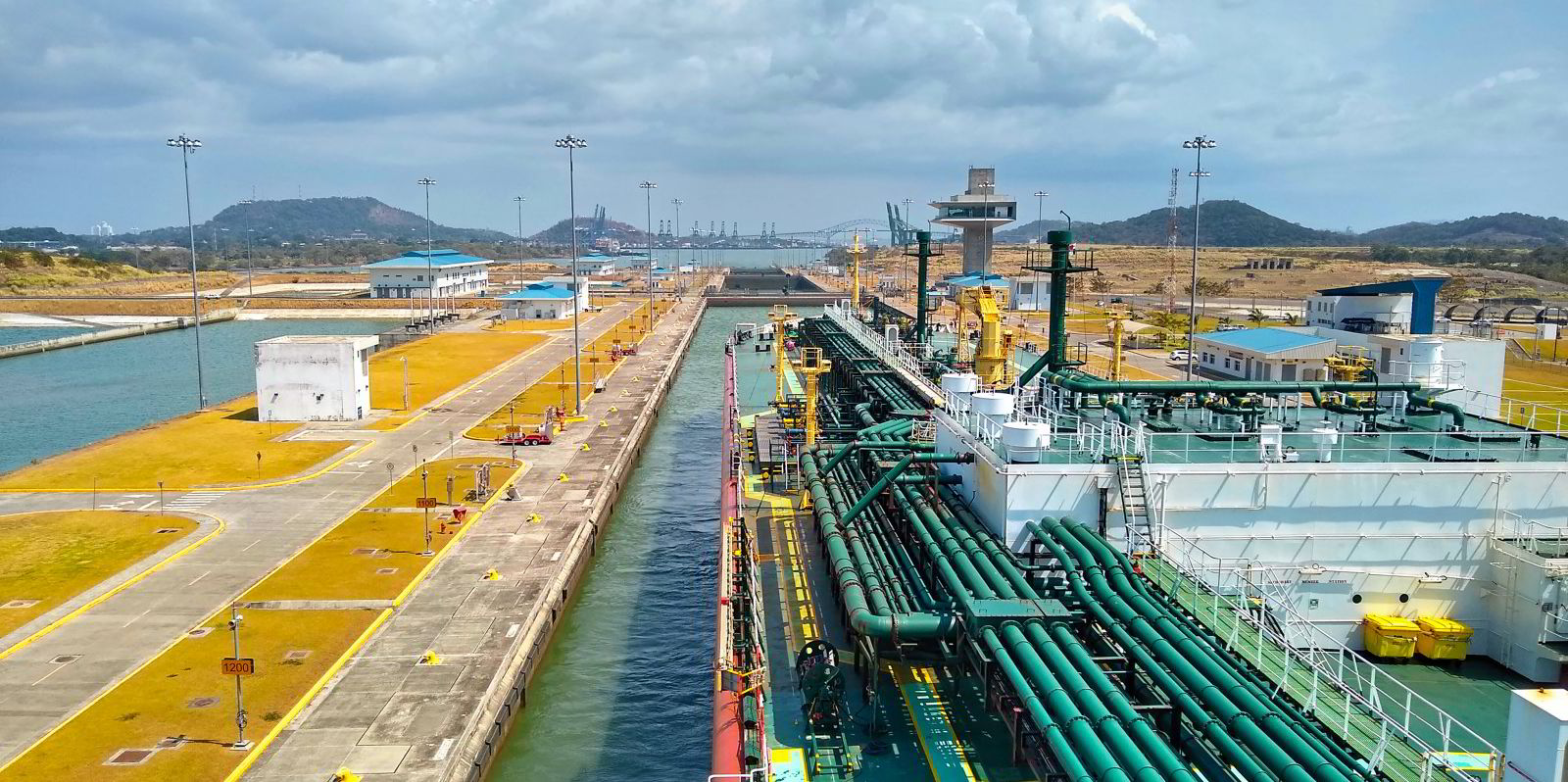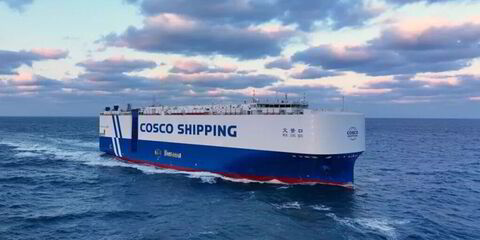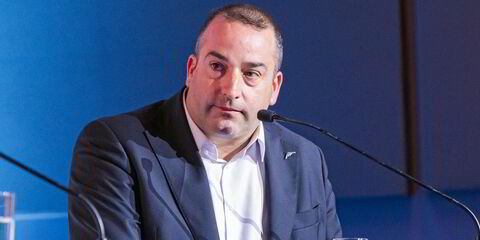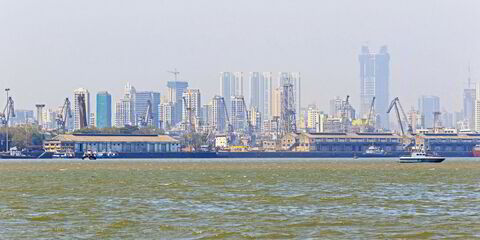Florida start-up Zergratran is chasing investment to launch a $15bn container transshipment project in northern Colombia to rival the Panama Canal.
The Fort Lauderdale-based operation has launched a funding round to raise $75m as a first step towards its Puerto Internacional Las Americas (PILA) plan.
PILA will feature an underground tunnel using magnetic levitation technology to move containers between fully automated terminals in the Atlantic and Pacific in less than 30 minutes.
“This first green shipping corridor will be the solution for the early adoption of sustainable technologies that will help place the sector on a credible pathway to achieve zero emissions,” the company said.
“Our goal is to build projects that upgrade the global transportation infrastructure system and address the major marine trade chokepoints.”
Zergratran said it is led by a “visionary team” of engineers and Wharton and Harvard scholars.
The company believes the world is facing an unprecedented crisis in shipping and global trade, with rapidly expanding trade and limited routes.
It said the PILA plan addresses the need for additional routes and tackles congestion around the Panama Canal.
The company is asking investors to imagine an 80-mile (130-km) tunnel about 100 miles south of the vital waterway.
“It will be a distribution centre for goods to and from South America and the first world ports offering biofuels only,” Zergratran said.
The company, registered in Delaware in May, is offering 15m shares at $5 each in bundles of 100, a US Securities & Exchange Commission filing reveals. Rialto Markets is managing the sale.
Colombian cash appeal
Zergratran’s chief executive is Byron Bennett, the former boss of Liquidity 10X, a crowd-funding platform for US companies.
“The company anticipates commencing the bulk of the pre-feasibility work upon receipt of $5m in proceeds from this offering,” the start-up said.
It also intends to apply to be included in the Colombian national budget.
Failing this, Zergratran will need to find alternative means of raising the necessary capital.
“We currently estimate that the feasibility phase will cost $500m and the construction phase will cost $15bn,” it said.(Copyright)
